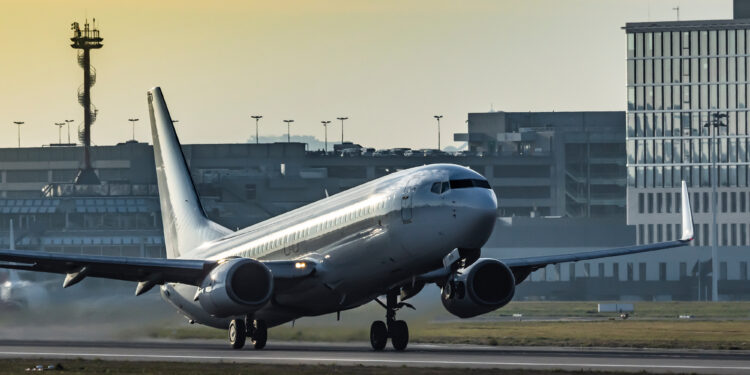United States prosecutors have recommended that criminal charges be filed against Boeing for failing to comply with a 2021 settlement agreement related to two fatal crashes involving its 737 MAX jets.
The crashes occurred in 2018 and 2019, and the settlement was designed to prevent Boeing from facing a criminal charge of conspiracy to commit fraud.
Under the terms of the deferred prosecution agreement, Boeing was required to overhaul its compliance practices, submit regular reports, and pay $2.5 billion to resolve the investigation.
Boeing has maintained that it has adhered to the terms of the 2021 agreement, which was set to last three years.
However, the Justice Department disagrees, asserting that Boeing violated the settlement.
The decision has prompted prosecutors to consider filing criminal charges, although the DOJ’s final decision is pending and must be made by July 7.
Some relatives of the crash victims and various members of Congress have strongly condemned the 2021 agreement, referred to as a deferred prosecution agreement, which initially prevented Boeing from facing criminal charges.
This month, a group of these family members submitted a letter to the Justice Department demanding that Boeing be subjected to the highest possible fine of $24.9 billion.
They described Boeing’s conduct as “the deadliest corporate crime in U.S. history” in their letter to the Justice Department.
Boeing and the Justice Department are discussing ongoing issues, with potential outcomes including extending the current settlement, imposition of stricter conditions, or pursuing new charges that could extend beyond the original fraud conspiracy charge.
Any new charges could further complicate Boeing’s situation, especially following a January incident where a jet operated by Alaska Airlines suffered a malfunction shortly after the settlement’s term ended.
Boeing also faces significant risks if required to plead guilty, as such a plea could impose further business restrictions and potentially jeopardize its lucrative contracts with the U.S. government, including those with the Department of Defense.
Boeing is reportedly willing to accept further penalties and oversight but is resistant to any arrangement that involves an admission of guilt.










